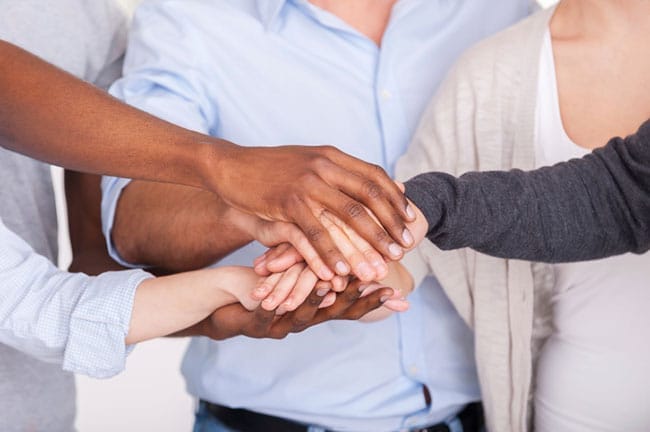Ocean Recovery Alliance started in 2010 with the aim of bringing together people and ideas in new ways to help improve our ocean environment. We address overfishing and pollution. Marine litter is our main area of expertise, but we also work on other aspects of improved ocean health as well. It is a complex problem which starts upstream in all of our communities. If litter is allowed to flow into the ocean, plastic pollution becomes a “tragedy of the commons,” where no one is the “owner.” Yet we all pay the price from an unhealthy ocean. While everyone can agree that an estimated 4 to 8 metric tons a year of plastic pollution entering the ocean is a huge problem, no single entity is responsible for it. Creating alliances between communities, businesses and governments has beenan inspiring and effective way to address the problem, which can even scale in much larger ways as alliances grow to really focus on this topic.
Three Challenges
Integrating different stakeholders to work together and take action is difficult and we typically face three challenges.
The first is to build trust between community, business and government groups. We focus on common goals and find ways that all parties can contribute meaningfully to the cause.
The second challenge is moving from ideas to action. We have worked with different groups across many countries, and all of them have great ideas. Following through and taking action is the challenging part. Ideas get “lost in translation,” as delegated tasks are misunderstood or face internal politics. We work to become change agents, helping to influence and create the business case for taking action.
The third challenge is that leaders need to understand how different trigger points, unique expertise and a physical presence create solutions, which are often impossible for any single group to execute. This is what we have been good at helping to create, as often someone from the outside needs to look across groups to see where the strong collaborative inflection points can come together for the alliance.Creating alliances is not new. In most cases, each of these community, business and government “pillars” can create the scale necessary for positive change, but the intersection of business, community leaders, nongovernmental organizations and government agencies is gaining prominence in solving social and environmental issues.
Not every group is comfortable or experienced working in this context, but when parties are shown the potential for large-scale change, and how such change is repeatable in many communities, the triumvirate—community groups, business and government—becomes an appealing model.
The Triumvirate at Work
A perfect example of all three groups coming together is our April Ocean Appreciation Month in Hong Kong, where we hold a series of events to influence and educate our partners.
The Ocean in Motion film festival raises consumer awareness of marine life and endangered species, while the Ocean Art Walk, held over three weeks with outdoor art exhibits displaying a message of ocean appreciation and protection, affects thousands of people.
Our Kids Ocean Day event involves the local government, school groups and corporate volunteers in creating a huge aerial art display on a local beach. At the same time, Pacific Coffee, a local retail chain with over 120 outlets, supported the month with an innovative, “bring-back” program for plastic coffee lids shipped off for recycling.
The power of “community” encouraged them to take part, and their senior management is now inspired to expand the program.
Everyone had something to gain from this participatory effort, with the environment as the benefactor.
As we head into our Fourth Annual Plasticity Forum in Cascais, Portugal, next month, a conference which draws over 200 industry leaders, brand managers, educators, think tanks, government agencies, designers and investors, we can see that these various pillars are interested in playing a bigger role in the discussion. Without the intersection of these innovators, regulators and influencers, we would have missing links. The triumvirate collectively addresses where the log jams are, where laws can be modified and where scale can be expedited.
The journey to a cleaner ocean and plastic waste reduction is neither linear nor steady, and it needs to start within our communities and business operations, not at the ocean itself. Changes happen in spurts, and there are long periods of inertia. Alliances create the foundation for experiments and provide fertile soil for tests. They spark ideas and interest in new possibilities. Ultimately, they plant the seeds that result in large-scale change and impact. That’s the magic of alliances.

Editor’s note: For more information on the Fourth Annual Plasticity Forum, including about tickets and sponsorship, please visit www.plasticityforum.com.
Editor’s note: Falguni Desai W96 co-authored this piece. She volunteers with Ocean Recovery Alliance and is a business growth strategist who works with multinational companies.

























